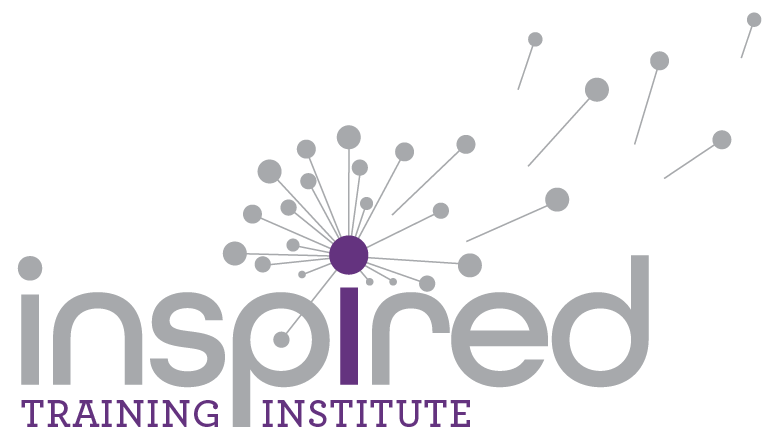Take the Risk: You Might Just Succeed
I recently took a business risk. As I contemplated this risk, I found myself repeating the phrase, “with great risk often comes great reward.” This quote was motivating for a whopping five seconds. It did not lessen the fear I felt around taking that risk, it did not provide the support or reassurance I was looking for, and it certainly did not quiet the voice in my head repeating all the consequences of what ‘might happen’ if I fail.
In the business world, risk-taking can be a daunting prospect. Making a mistake or failing altogether can jeopardize your professional aspirations, your organization, and your livelihood. When speaking with clients they often tell me they know the decision they want to make, but when it comes time to act, they choose the safe route. Studies show that we are hard wired to be risk averse. We tend to overestimate the probability of something going wrong, exaggerate the consequences, and underestimate our ability to handle consequences that do come up. Staying inside the fluffy and warm comfort zone often seems like the easier, safer, less confrontational, and less scary option.
Why Do We Tend to Overestimate the Probability of Something Going Wrong?
Our brains are wired to focus on what could go wrong or what we might lose, rather than what might go right. The negativity we allow in our minds engages our emotions, magnifies them, and causes us to overestimate the likelihood of something actually going wrong. This can monopolize our thought process and leave us feeling like we have no choice but to play it safe. The reality is that the risk of something going wrong is often not near as high. What’s more, the odds of things working out are more in our favor than we think.
Once we start to visualize the bad and exaggerate the consequences of what might happen if something goes wrong, it is awfully difficult to quiet that negative thought stream. We imagine the worst-case scenario spiraling out of control rather than assume that we could take action to mitigate a situation if things started to take a turn. What we fail to appreciate is our ability to adapt and handle the consequences of risk.
Much too often, we let our worries about whether we have what it takes to succeed creep into our headspace. I admit, there are times when I underestimate my abilities and let self-doubt take the wheel. As a result, I have avoided risk or taking on new challenges because I didn’t trust my ability to navigate the risk or the consequences that may come with it. Can you relate?
Interestingly enough, there are also consequences to playing it safe. When we remain stagnant and choose to do nothing, it will ultimately cost us in some way. This is called the Parmenides Fallacy. When we choose not to take the risk and stick with the status quo, we often avoid the very steps we need to achieve professional success.
So, I ask you, are there situations where you wish you would have been a little braver and taken the risk? Do you want to take the leadership role or ask for a raise? Are there bigger opportunities waiting for you on the other side of those four walls? If the answer is yes, how do you overcome your risk averse tendencies and identify risks worth taking?
This three-step action plan will help you assess risks and identify relevant risks worth taking.
Define your professional goals. These will serve as benchmarks for risks.
Identify relevant risks and develop a plan. Ask yourself the following questions.
What type of risk am I interested in taking?
Who/What might be affected by this risk?
Are there any external factors that could influence the risk?
How do I take the risk?
When should I take the risk?
Who can support the risk?
Is there any historical data or precedents that can help evaluate similar risks?
Assess risk motivation.
Why should I take the risk?
What is the cost of taking the risk?
What is the cost of playing it safe?
How might this impact me one year from now?
What are the potential obstacles I might face?
Consider these steps and take notice of your answer to each of these questions. They are pointing you in the direction of progress and professional success. Risk-taking requires your willingness to be courageous, step outside your comfort zone, and exceed your currently established limits. Remember you are wired to overestimate the chances of something going wrong and to underestimate your ability. Dare to take the risk, as success might very well be within your grasp.


